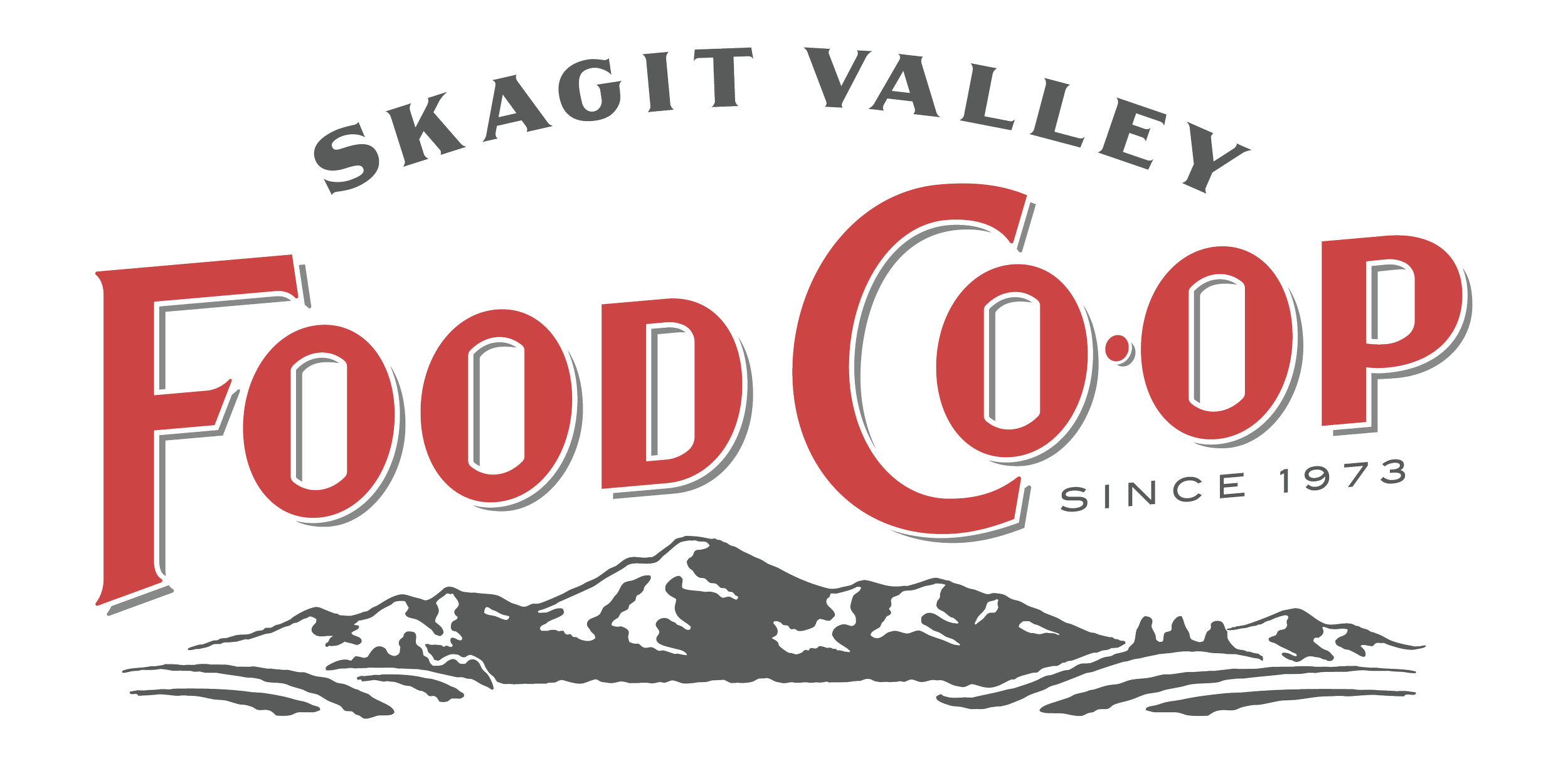An Update from Viva Farms
We welcome all visitors to Viva Farms with the same go-to question: “How many of you have considered starting a farm?” Right away, at least 80% of hands shoot up. The follow-up typically expands to, “How many of you have considered growing your own food?” By then, it’s rare when all of the hands aren’t in the air. But, what happens next is telling; we ask visitors where and how they would start. “If you decided to start your farm business tomorrow, where would you begin?” The hands relax to fall by people’s sides, and it’s clear that answer isn’t as straightforward.
For food conscious individuals who didn’t grow up on the back of a tractor, plopped down between rows of veggies before they could walk, or strapped to the backs of their parents as they picked food ready for harvest, it’s almost impossible to know what the first step would be to build a viable farm business. You can only get so far watching hours and hours of homesteading YouTube and hobby food preservers’ TikToks; there are so many other barriers in the way – land, infrastructure, funding, know-how, customers, community to name a few.
One way forward might be to start right here at Viva Farms by joining our 8-month, land-based Practicum in Sustainable Agriculture course that we offer annually in both Skagit and King County to aspiring farmers and food-systems professionals.
Beginning this week, 2024’s Practicum students will begin to gather in the longer evenings on our student farms to learn – seed propagation, irrigation, soil health, organic certification, and more! The course welcomes both students without farming experience and those who may be experts at a particular aspect of farming (such as picking berries) but may be less familiar with the rest of what it takes to make a farm financially viable (such as crop planning or knowing the ins and outs of a P&L, also known as a profit and loss statement). For the next few months, the course content will focus on the fundamentals of sustainable farming techniques – both environmentally and economically.
Later in the summer, student farmers will begin to harvest the plants they started for sale: cultivating a communal ¼ acre, learning further foundational knowledge like food safety practices and just exactly how many carrots fit into a “bunch” for the local market. All the while, student farmers are fulfilling course hours on their own time, brightening the farm with their drive and curiosity whenever it fits into their schedule.
Following a typical northwest farming season, classes will continue through the chilly and shorter evenings of October, when the focus shifts from the field to the office, or as established farmers might call it, “spreadsheet land”. With the goal for students to truly understand viability, Viva Farms Practicum instructors teach business planning, grant writing, tax filing, and all the other pieces a small business owner in a very unique sector will need to understand in order to be successful.
A recent graduate shared, “Starting a farm business feels tangibly possible now; I can visualize the scale and scope and steps necessary – and pitfalls to avoid. It was a fuzzy blur of a dream before the course.” If farming is in your dreams, we hope you’ll consider the Practicum in Sustainable Agriculture in the future.
Scholarships are available, and Viva Farms is committed to never turning an applicant away due to cost. In Skagit, the Practicum in Sustainable Agriculture is offered bilingually, with simultaneous interpretation into Spanish. This week, we will welcome the students to the farms in Skagit and King County, and we can’t wait to support them as they become the farmers who will grow food that will nourish us all. Viva Farms educates the next generation of organic farmers, because we envision a just and resilient food system, one that has the essentials needed to feed our community.
To learn more about the Practicum and to support our work, please visit vivafarms.org or follow us on social media.

